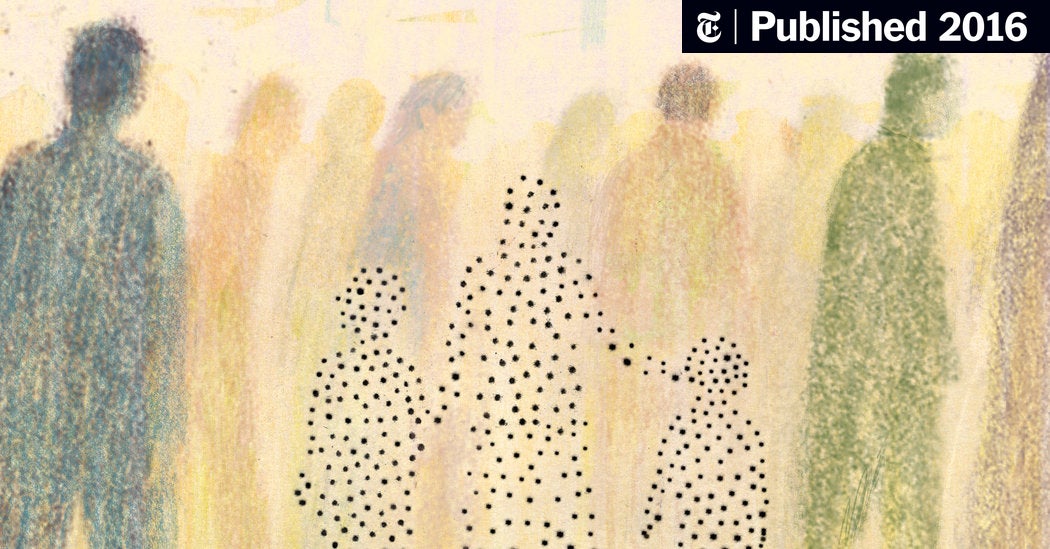Every now and then, I see the term “designer baby” and am reminded that some parents now have the option to test or change the genes of their unborn children to ensure or avoid certain traits. It always makes me feel uneasy. Of course, I didn’t take this route, in part because, at least with my son, I never really had to make the decision. My third child, Eliza, was born in an accident in late middle age. I chose to have her despite the possibility of XLH, but would I have made the same decision if I had had a planned pregnancy or had the option earlier on? I can’t help but wonder if, with advances in gene mapping, genetic testing, and diversifying prenatal options, it’s likely that in a generation or two, there will be no one with XLH in the world, and there will be no one like me or my children, at least in the so-called developed world. I don’t know how to feel about that.
I know some studies have shown that short people score lower on “happiness scales,” whatever that means. We are not the average study participants. We are who we are, individuals, short and proud of it. We are people with disabilities.
Sometimes they stop me and ask what’s wrong; most of the time, I know they notice, but they don’t say anything. Walker is more visibly disabled, and Eliza feels bad. She has the same disability, and sometimes feels like a fraud, but in her case, she says, “it’s almost invisible.” Walker bikes; Eliza does yoga. They’re both fiercely dedicated to these physical activities, because neither of them has other physical activities, like walking or running, that they can continue without difficulty. (Oddly enough, my least athletic child is my oldest daughter, Annabelle, who always says she hates all sports.)
Pain – both physical and emotional – is part of the daily experience for my two youngest children, and it’s the hardest part for me to get through. Maybe that’s what my relatives meant. To spare their loved ones that emotional pain, some may give their short but otherwise perfectly healthy children human growth hormone to add just a few inches to their height.
For the most part, I trust my kids to overcome the struggles their disabilities may cause. Walker may only be five feet tall, but she’s every bit as appealing as her personality. She has friends, bold plans for her future, and a wicked, deadpan sense of humor. Eliza bounces around. She sings in the shower and does cartwheels on the lawn. She also struggles with an eating disorder and anxiety. And Walker, who is usually so calm that if the day gets too tough or she’s ostracized at school, she sometimes succumbs to anger and frustration and punches a wall or drives her bike too fast.

